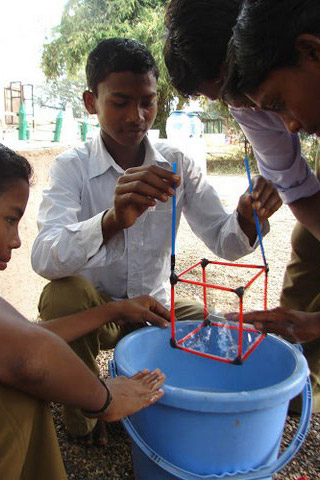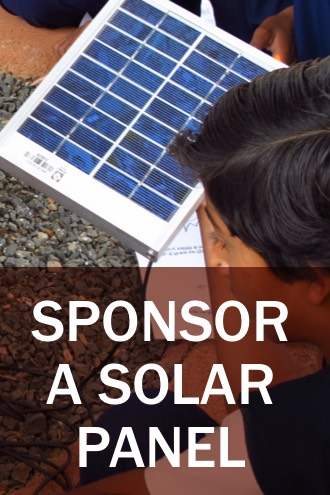Inspired by the world’s first Education Base or E-Base set up by explorer and environmental leader Robert Swan, OBE, and his 2041 team at Bellingshausen Island, Antarctica in 2007.
CWT in collaboration with the Madhya Pradesh Forest Department set up an E-Base in the interpretation centre near the Turia gate at Pench, MP in November 2011. It is a space that serves as a classroom and training area. It runs on purely renewable energy supplied by solar panels showcasing alternative energy as a substitute to fossil fuels, which contributes to climate change.
A hands-on program, the E-Base acts as a tool to enable environmental sensitization.
The aim is to highlight the link between land degradation, water scarcity, energy and forest conservation. The program encompasses science education, rural libraries, environmental studies and school projects. So far, over 800 children in villages around the reserve have attended the programs where the curriculum is divided into subjects like biodiversity, energy, water and climate change.
In an attempt to reach out to more children across remote villages the E-Base has gone mobile. The unique tailor-made curriculum is being delivered in the village schools. This approach provides a context, ensures a greater reach, continuity and a chance to train teachers in ways of integrating content into their curriculum.
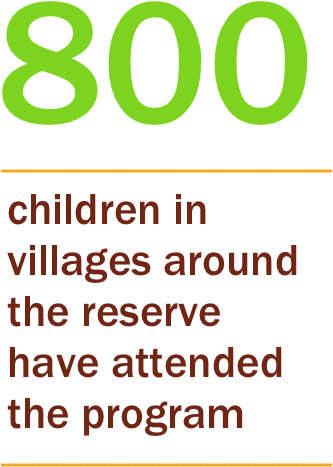
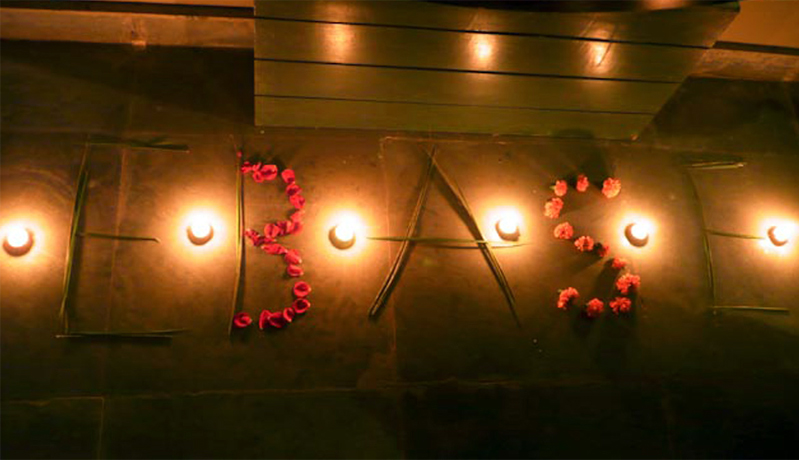
Curriculum
CWT’s E-Base has a two-year “sustainability” curriculum. The overarching goals guiding the design of its syllabus are to provide students with the following:
1. Ability to define and understand concepts of sustainability.
2. Capacity to identify sustainable and unsustainable practices with supporting reasons.
3. Facility to propose solutions to change unsustainable practices.
The entire curriculum has three modules:
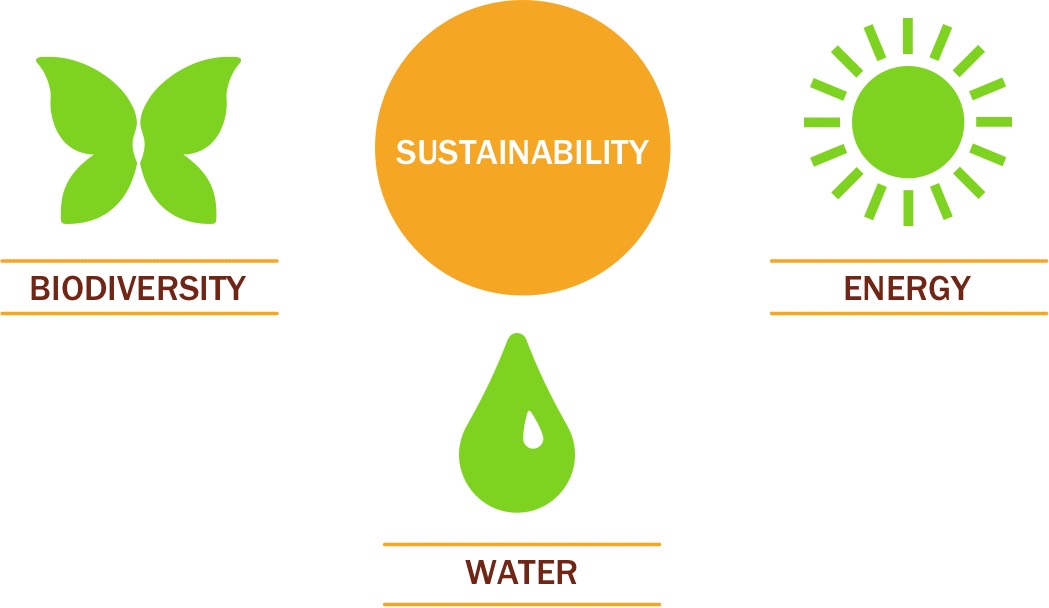
Each year culminates in a project-based assessment on the following learning outcomes:
• In-depth understanding
• Conceptual connections between topics
• The idea of sustainability
The modules are designed using the following principles:

Students are guided through an inquiry-process where they collect data from local contexts, have opportunities to conduct research, learn new information, work collaboratively and present their learning before an authentic audience. Ours is a project-based approach where each topic is driven by essential questions. This approach gives students the opportunity to build key 21st century skills of communication, collaboration, creativity and critical thinking.
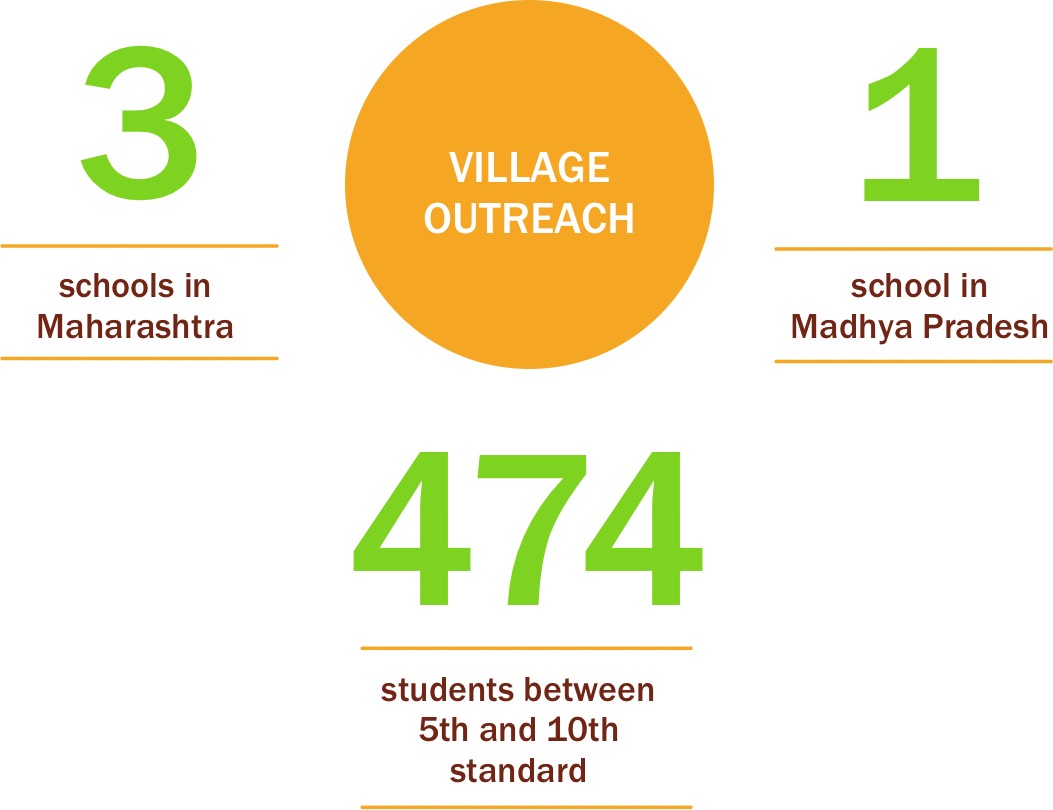
Education Partners

Reniscience Education
They work with teachers, students, and non-formal educational organizations and schools to bring self-directed learning experiences. Their core objective is to nurture 21st-century skills through the study of science.
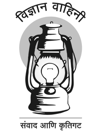
Vidyavahini
An organisation that works in rural areas to bring science education to the underprivileged. They have a mobile laboratory that goes to schools for demonstrations of experiments, teacher training workshops, exhibits and a mobile library.

